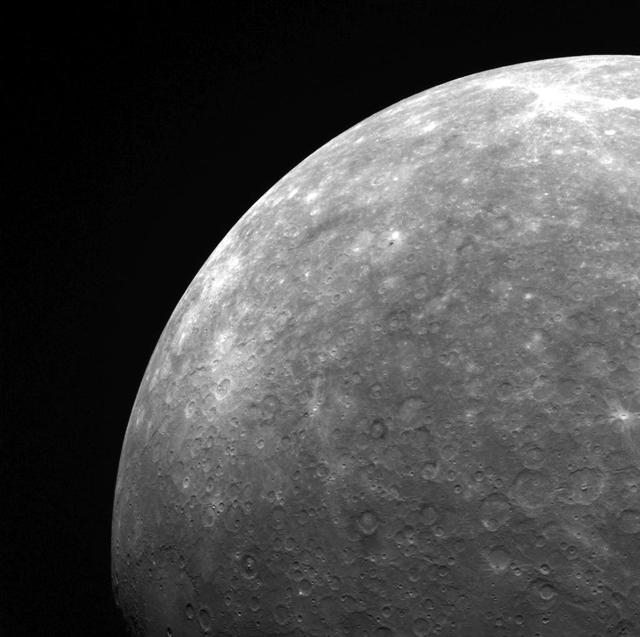Starwatch for November 2019
Written by Karl Hricko on November 18, 2019
Hello! I’m Karl Hricko of United Astronomy Clubs of NJ and the National Space Society, bringing you the November Starwatch for WNTI.ORG.
Can we save daylight? Well, our days are the result of the Earth rotating once every 24 hours. No matter what we do, the day is still 24 hours. We really can’t do anything to gain or lose time. What we can do is to change the setting on our clocks. This doesn’t affect the natural solar time. However it does affect our artificial timekeeping, and is called Daylight Saving Time, or DST. This enables us to save energy.
The idea was first introduced by Benjamin Franklin, but not for saving energy. In a satirical essay as ambassador to France he suggested the French should correct their tardy habits by moving their clocks back one hour. This practice was actually implemented by the Germans during the First World War to burn less coal. Franklin Roosevelt introduced it for the same reason during the Second World War.
After the War, it was discontinued, and reintroduced in 1966 by Lyndon Johnson. Daylight Saving Time now begins on the second Sunday of March, and ends on the first Sunday of November. Alaska, some American territories, and parts of Arizona do not have DST.
Whether you like Daylight Saving Time or not, the Earth still spins the same way. The other planets have their own spin, but no Daylight Saving Time. We can still see Saturn spinning in Sagittarius 30 minutes after sunset in the southwest. Looking at the same time and direction, Jupiter is in Ophiuchus, and Venus is in Sagittarius, side by side. So this month, keep watch on the planets, while you keep your other watch on Daylight Saving Time.
Until our next Starwatch …Don’t forget to check out – What’s up in the night sky!




